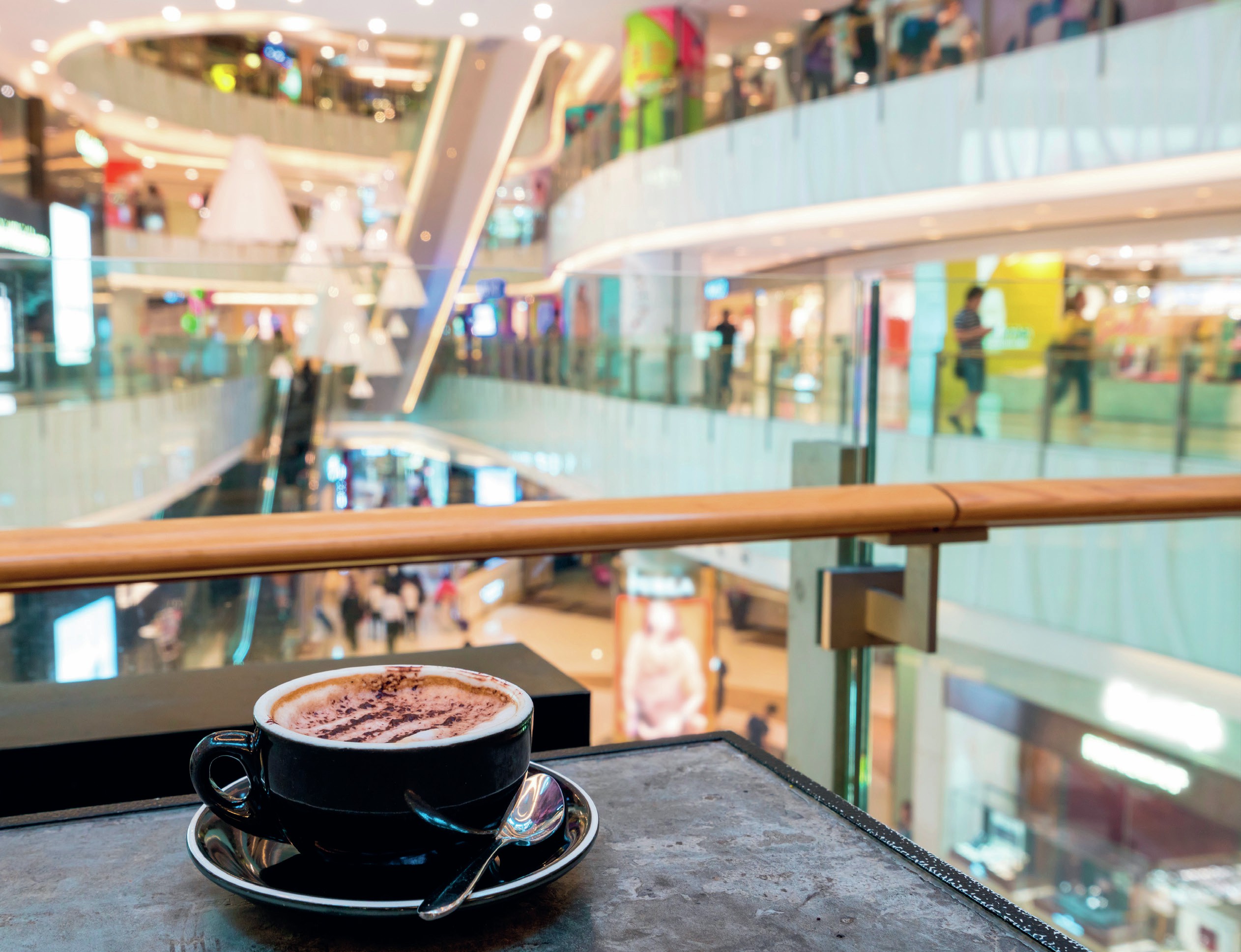
UK consumers spend billions of pounds in high-street coffee shops every year and many follow this with a trip to the shops. Could grabbing a coffee before hitting the shops mean we go home with a lot more than we bargained for?
In a field experiment at a major French homeware store, shoppers who received a free espresso as they entered the store spent 50% more than a control group who were offered a decaffeinated espresso (Biswas et al. 2022). The espresso group also purchased 30% more items than the decaf group and the effects were strongest for so-called hedonic products — products associated with fun, pleasure and fantasy as opposed to more everyday items. As the shoppers left the store, the researchers conducted a brief questionnaire to measure arousal. As expected, the espresso drinkers reported feeling more excited and alert than the decaf group. The researchers argue this caffeineinduced arousal increases impulsivity and this leads us to purchase more of the items that we want but don’t really need.
Your organisation does not have access to this article.
Sign up today to give your students the edge they need to achieve their best grades with subject expertise
Subscribe




